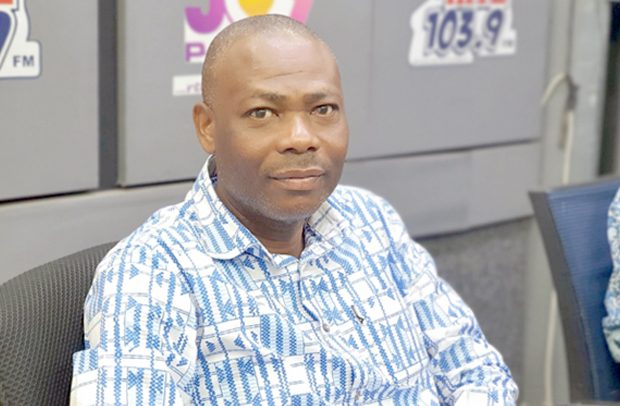Abraham Adjatey
The management of the Ghana Music Rights Organisation (GHAMRO) has introduced the split sheets system which is necessary for every song a musician write with collaborators.
According to GHAMRO, all over the world split sheets is accepted as the best practice in the music business, adding that a well-constituted split sheets should protect the rights of all parties.
GHAMRO indicated that the split sheets systemwill ensure everyone involved in the creative process is properly credited and paid for the work they contributed.
BEATWAVES gathered that a split sheet is a written agreement that identifies all contributors to a song as well as the ownership percentages of that song.
These ownership percentages determine how publishing royalties will be “split” between creators. When all parties sign, split sheets become legally binding.
The split sheets will ensure that everyone involved in the creation process receives credit and compensation for their work.
It can also save creators from a potential legal headache because it requires them to work out an agreement and establish ownership in writing.
The management of GHAMRO was emphatic on the need for musicians to sign split sheets of contributors to their works.
The Chief Executive Officer of GHAMRO, Abraham Adjatey, in August 2021, announced that his outfit has signed a partnership with CAPASSO and Global Music Monitoring to track airplay of musicians’ songs.
He also announced the introduction of the split sheets system in which GHAMRO will provide copies of the split sheets to the recording studios, so musicians commit to making sure they enter the right details.
Mr. Adjatey urged Ghanaian musicians to sign split sheets of contributors to their works to enable GHAMRO to provide metadata on who should receive payment of royalties on a particular musical work.
He, therefore, urged lyricists, composers, arrangers, publishers to sign their right with GHAMRO to enjoy the benefits that come with it.
By George Clifford Owusu

